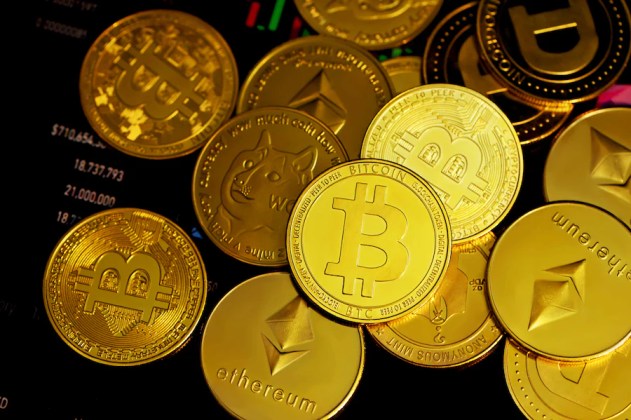Crypto exchange listing scams are making a comeback amid a broader market recovery.
According to a Jan. 29 post by Yi He — a co-founder of Binance and the spouse of the exchange’s former CEO, Changpeng Zhao — a LinkedIn impersonator is using her name and position to offer token listings in exchange for payment.
“I do have a LinkedIn account, but I have long forgotten the password,” said He. “I am also not in charge of discussing with projects for a potential listing; please be wary of those who claim to be close to me and discuss with you about investments or listing."
In a separate post, blockchain author Anndy Lian also revealed screenshots of WhatsApp users pretending to pose as Binance staff, with offers of free money for joining cryptocurrency discussion groups. “Binance does not have such groups that offer you passive income,” Lian wrote.
Binance’s customer support later clarified that users should use links from the official site to check if individuals reaching out with unsolicited offers are, in fact, from Binance. “It can be used for the website link, email address, phone number, WeChat ID, Twitter account, or Telegram ID,” it stated. “Please do not contact any unofficial/non-verified sources or reveal your account details to them.”
Exchange listing scams became widespread in the last bull market. An August 2022 Cointelegraph investigation revealed that scammers typically reach out to project developers and co-founders using seemingly legitimate professional LinkedIn profiles from reputable exchanges. Once the victim has been tricked, scammers require an initial “deposit,” which can be upward of 250,000 USDT (USDT) to commence the listing process. Of course, once the victim pays the deposit, the token is never listed.
I’d like to reveal a scam which has happened quite often: I do have a LinkedIn account, but I have long forgotten the password; I am also not in charge of discussing with projects for a potential listing; please be wary of those who claim to be close to me and discuss with you… pic.twitter.com/gpIj41vx92
— Yi He (@heyibinance) January 29, 2024
Related: Crypto catfishers ditch fake exchanges for approval phishing scams











